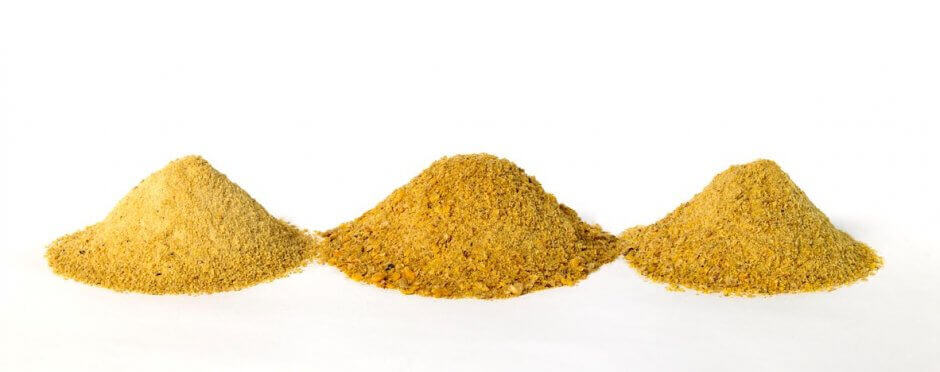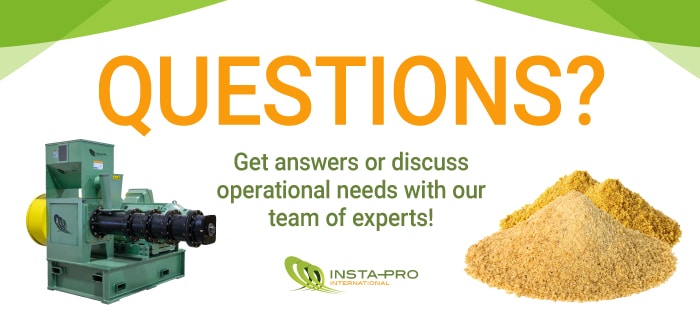Tough Harvest Year for Crops Necessitates Better-Quality Processing

Hurricane Michael recently roared ashore in the SE United States, and aside from the usual images of displaced people and damaged property, stories have emerged of significant crop damage – in particular, the cotton crop was severely damaged in some areas. In the Midwestern United States, where most of the corn and soybeans are grown, harvest was characterized as very wet – videos such as this one have emerged and highlight the tough, wet conditions. And, in Canada, farmers had to battle snow as they harvested soybeans.
The problems are only beginning for farmers once the crop is out of the field. Wet crops don’t convey or store well, and moist conditions are a breeding ground for mold and bacteria, both of which can leave behind toxins even when they’re gone. Toxins and optimized animal growth performance don’t go together – there’s very clear evidence of a linear decline in growth performance with increasing intake of common toxins. Also, feeding cereal grains, like corn; and oilseed meals, like soy and cottonseed meals, with elevated bacterial loads increase the likelihood that they contain pathogens, which could cause illness and reduce performance.
This is at least partly why farmers selling their higher-than-usual damaged beans are seeing discounts in what the local elevator is willing to pay them. Another reason is simply that wetter grains and oilseeds require more drying for long-term storage.
While there is no magic solution for these raw material conditions, the choice of processing does matter. High shear dry extrusion, in addition to meeting the goals of a thermal process, can be sterilizing and will reduce toxins by roughly 50%. Also, any enzymes that may be part of the natural degradation process, such as lipases that can cause oil to become rancid, will be deactivated. Along with partial dehydration, high shear dry extrusion acts to stabilize and improve damaged soybeans and grains, as much as possible. We often document here how high shear dry extrusion cooking, combined with mechanical pressing for oil extraction (known as ExPress®), is a quality-focused process (see here and here). This becomes even more important with weather-damaged cereal grains and oilseeds.
Speak with us about how ExPress® can help you in good times and bad.



